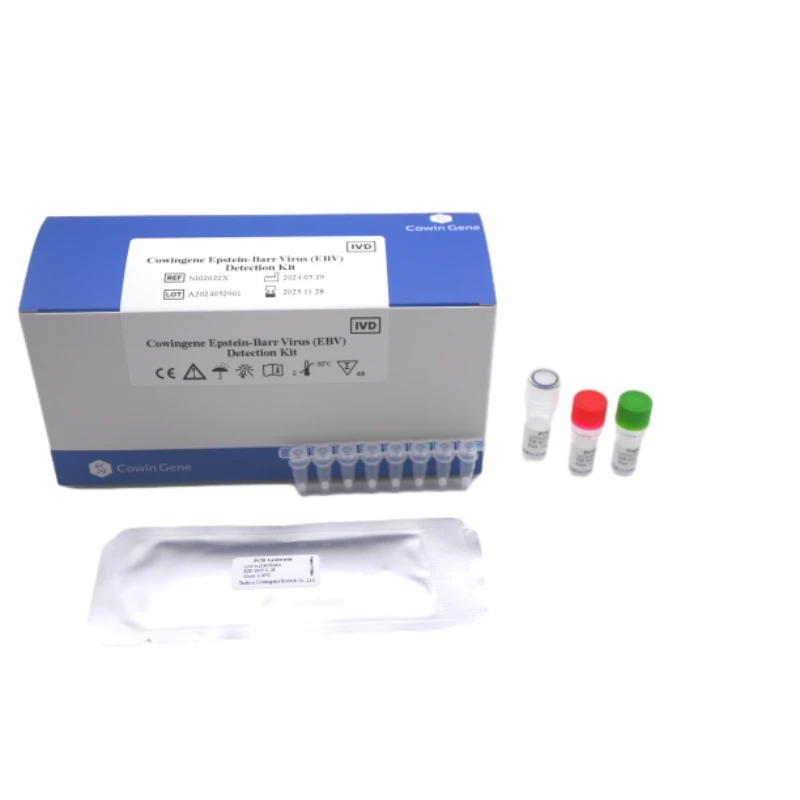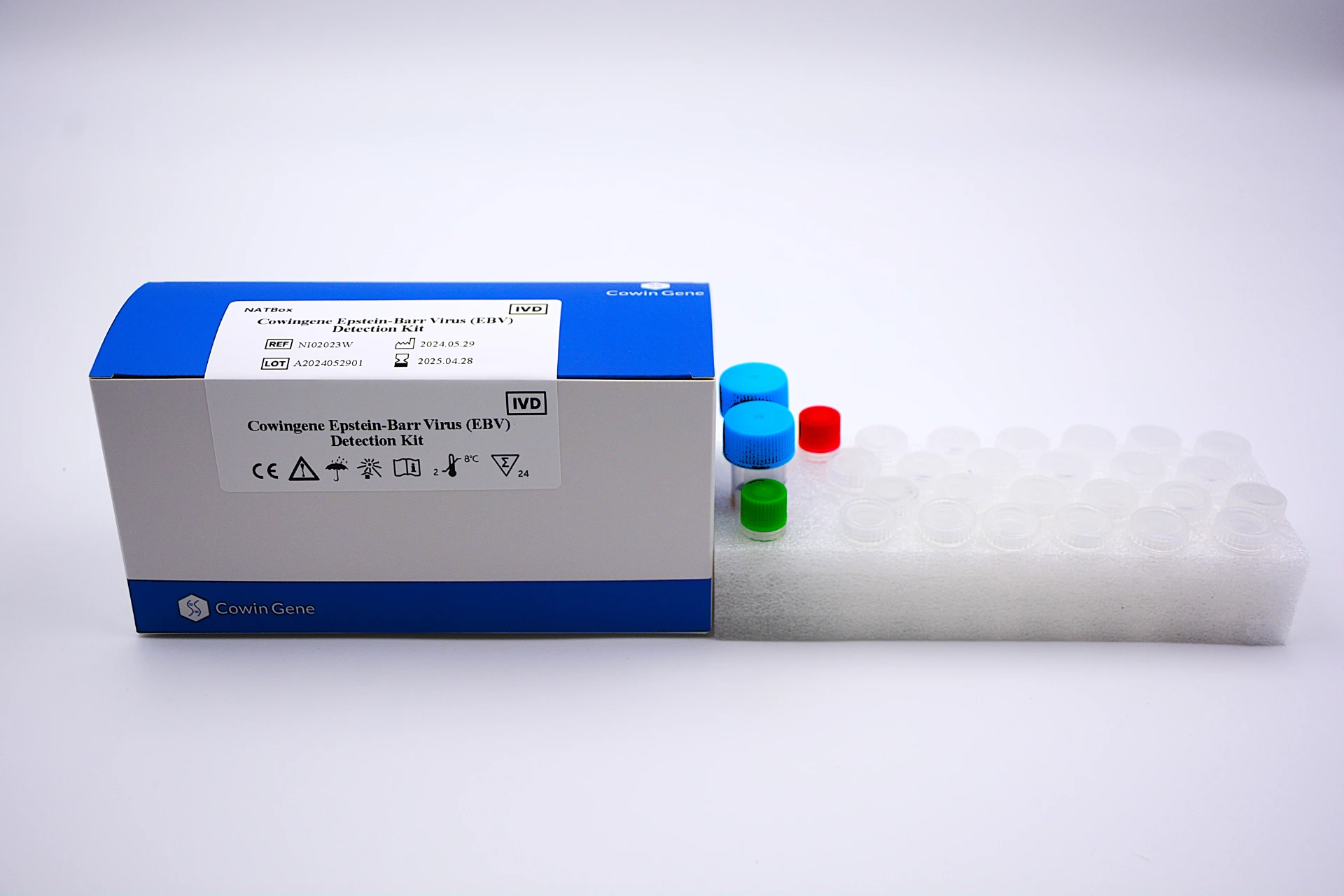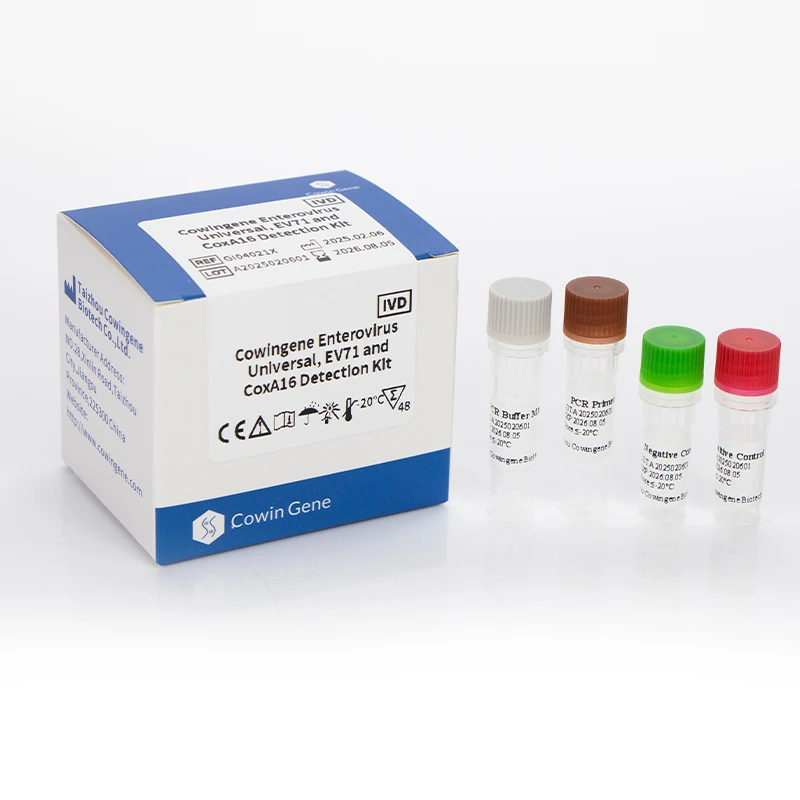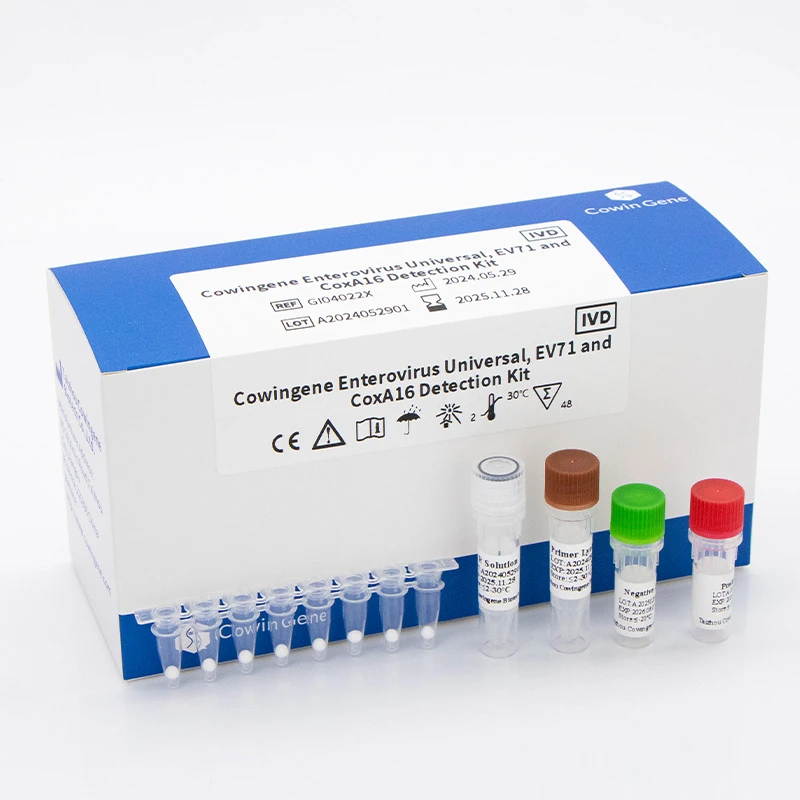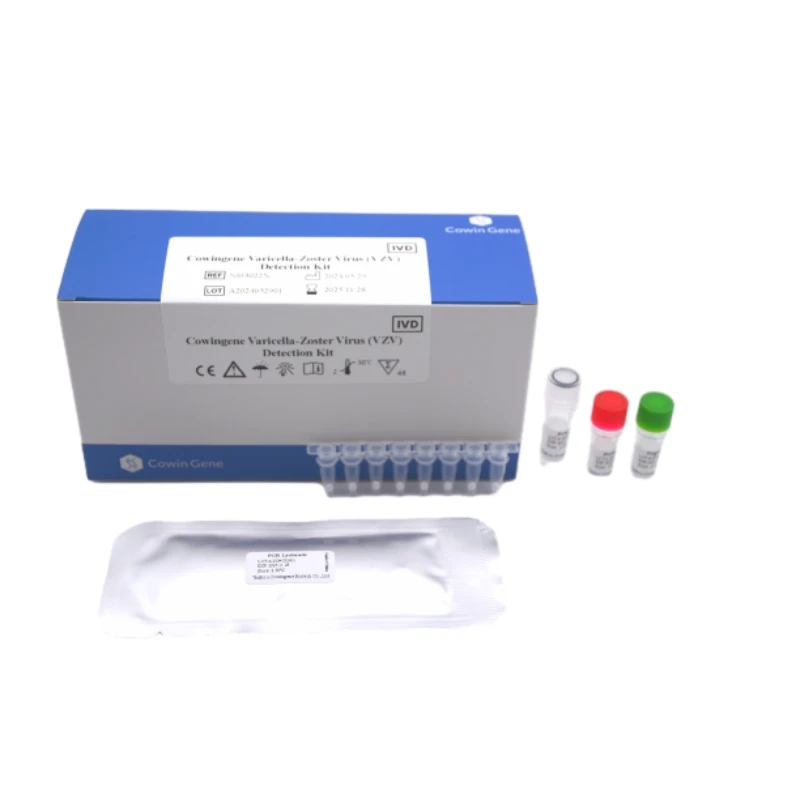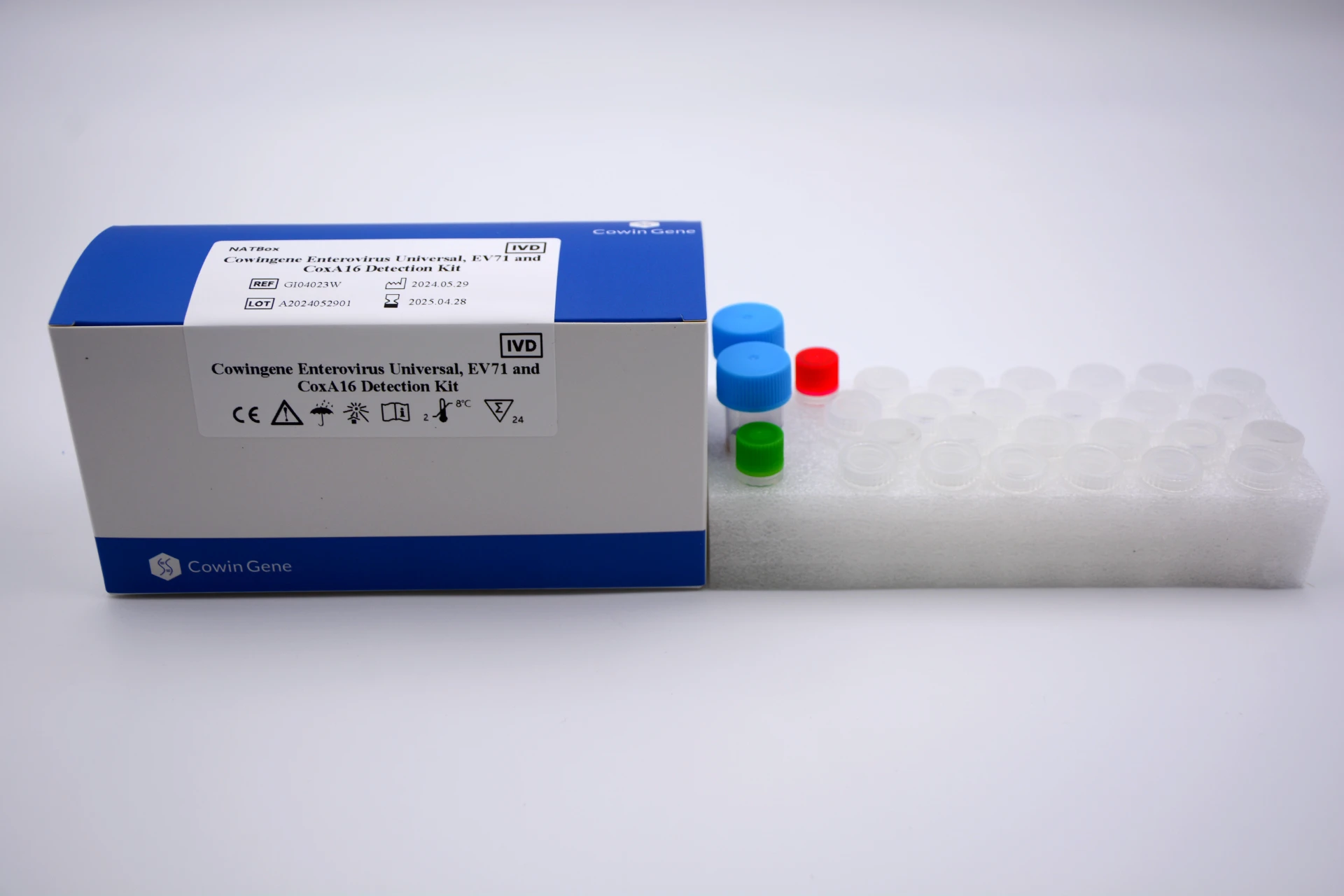Nov . 21, 2025 18:30 Back to list
Group B Strep DNA Test – Fast, Accurate Screening to Prevent Neonatal Infection
Why the Group B Strep DNA Test Matters Globally
When it comes to prenatal care, there’s a quiet hero working behind the scenes — the group B strep DNA test. Group B Streptococcus (GBS) is a bacterium that, if present in expecting mothers, can be passed to newborns and cause serious infections. Globally, it’s estimated that around 10–30% of pregnant women carry GBS, which poses a significant risk to newborn health, leading to sepsis, pneumonia, or even meningitis. So understanding and accurately detecting this bacterium is, frankly, a huge step forward in ensuring the safety of babies worldwide.
Better testing means better prevention, because early detection gives clinicians the tools to act — usually with antibiotic treatments — to minimize risk during delivery. It’s one of those quiet success stories in medical tech that doesn’t scream from the rooftops but saves thousands of lives annually.
Global Relevance: How the Group B Strep DNA Test Fits the Big Picture
Worldwide, maternal and infant mortality remain pressing concerns. According to the World Health Organization, neonatal infections account for nearly 700,000 deaths yearly, and GBS is a significant contributor. This DNA-based test — a molecular diagnostic tool — has revolutionized screening processes in both developed and developing nations.
The United Nations’ Sustainable Development Goal 3 calls for a substantial reduction in newborn mortality by 2030. Here, the group B strep DNA test plays its part — helping health systems in Africa, Asia, and even rural parts of America catch infections earlier than traditional culture methods ever did. The problem is straightforward: classic testing methods can take 24–48 hours, which isn’t always practical for timely treatment during labor. The DNA test quickens this timeline dramatically.
Mini takeaway:
The global push to cut infant mortality meets practical innovation in the form of rapid, accurate group B strep DNA testing — a critical advancement in prenatal healthcare.
What Exactly Is a Group B Strep DNA Test?
At its simplest, a group B strep DNA test is a molecular diagnostic test that identifies the presence of Streptococcus agalactiae (GBS) bacteria by detecting their genetic material. Unlike traditional culture tests that grow bacteria in a lab dish and wait for results, DNA tests use amplification techniques such as PCR (polymerase chain reaction) to rapidly find GBS DNA in vaginal or rectal swabs.
This means results can come back in hours rather than days. For pregnant women, this accuracy and speed directly translates into better decisions: who needs antibiotics during labor, and who doesn’t — reducing unnecessary antibiotic use and ensuring at-risk babies get protected.
Core Features of a Reliable Group B Strep DNA Test
1. Speed and Accuracy
Timing can’t be overstated. Speedy tests with over 95% sensitivity and specificity help clinicians act before delivery, reducing newborn infection considerably.
2. Ease of Use and Sample Collection
Most tests require simple swabs taken between 35 and 37 weeks of pregnancy — a window that’s clinically accepted globally. Simplicity ensures more women get screened without discomfort or confusion.
3. Integration with Healthcare Systems
Ability to plug into existing hospital workflows and data systems means timely results and fewer errors.
4. Cost Efficiency
Affordable tests make a difference, especially in low-income regions where resources are tight but the stakes are high — making wider screening possible.
5. Regulatory Approval and Quality Assurance
Certifications like FDA clearance or CE marking denote tests that meet rigorous safety and efficacy standards — a must for clinical confidence.
Mini takeaway:
Group B strep DNA tests balance speed, accuracy, and practicality to fit diverse healthcare landscapes.
Applications and Real-World Impact of Group B Strep DNA Testing
From urban hospitals in Europe to rural clinics in sub-Saharan Africa, GBS testing has become an essential part of maternal care. For instance, in the U.S., the Centers for Disease Control and Prevention recommends universal screening at 35–37 weeks of gestation.
Meanwhile, programs across Southeast Asia leverage DNA testing kits to make up for lab infrastructure deficiencies, allowing early antibiotic prophylaxis and reducing neonatal deaths linked to GBS infection.
In humanitarian contexts — say, refugee camps or disaster zones — rapid DNA testing kits enable frontline workers to implement life-saving protocols quickly, often when traditional labs aren’t available.
Group B Strep DNA Test Specifications At a Glance
| Specification | Details |
|---|---|
| Test Method | Real-time PCR amplification |
| Sample Type | Vaginal and rectal swab |
| Turnaround Time | 1–3 hours |
| Sensitivity | >95% |
| Specificity | >95% |
| Regulatory Status | FDA cleared, CE marked |
Comparing Popular Group B Strep DNA Test Vendors
| Vendor | Test Method | Turnaround Time | Price Range | Key Differentiator |
|---|---|---|---|---|
| GeneSafe Diagnostics | Multiplex PCR | 2 hours | $$$ | High throughput, lab integration |
| RapidTest Solutions | Real-time qPCR | 1–1.5 hours | $$ | Portable devices for point-of-care use |
| MedSure Labs | Digital PCR | 3 hours | $$$$ | Ultra-sensitive detection, low false positives |
The Lasting Benefits of Group B Strep DNA Testing
It’s not just about a test — it’s about peace of mind. For expecting mothers, there’s an emotional weight lifted in knowing your baby’s safety is being actively protected. And from a health perspective, fewer neonatal infections lower hospitalization costs and reduce antibiotic overuse, helping fight resistance.
Long-term, widespread implementation supports sustainable healthcare goals. It’s a win-win: better health outcomes, controlled expenditures, and stronger trust in medical systems.
Emerging Innovations and What’s Next for Group B Strep DNA Testing
The field isn’t standing still. Newer tests are emerging that require even smaller samples, work faster, and integrate with smartphone apps for results management. Artificial intelligence is also starting to optimize sample interpretation, reducing human error.
Moreover, sustainability trends push test manufacturers to use environmentally friendlier materials and reduce plastic waste in testing kits. It’s a convergence of healthcare innovation with green practice — which feels pretty important if you ask me.
Challenges and Practical Solutions
Despite the promise, there are bumps to overcome. Cost can still rule out some clinics in less resourced areas. Sample contamination or procedural inconsistencies may lead to unreliable results. Then there’s the matter of educating healthcare workers to ensure protocols are followed carefully.
Embedding quality control standards, training programs, and partnerships with NGOs helps smooth these issues. Plus, manufacturers developing more affordable “starter kits” work to democratize access.
FAQ: Common Questions About Group B Strep DNA Testing
Q1: How soon before delivery should the group B strep DNA test be performed?
A1: Typically, the test is recommended between 35 and 37 weeks of pregnancy. This timing balances early detection with relevance to labor, ensuring antibiotics can be administered effectively if needed.
Q2: Is the DNA test better than traditional swab culture tests?
A2: Yes. DNA tests are quicker—delivering results in a few hours compared to the 24-48 hours needed by cultures. They also tend to have higher sensitivity and specificity, improving detection accuracy.
Q3: Can this test be used in low-resource settings?
A3: Absolutely, especially with portable PCR devices designed for point-of-care use. However, cost and infrastructure limitations remain challenges that organizations are actively working to address.
Q4: How much does a group B strep DNA test typically cost?
A4: Prices vary widely based on technology and region but generally range from $20 to $100 per test. Bulk purchasing and subsidies can reduce costs in public health programs.
Q5: Can the test detect other infections?
A5: Most group B strep DNA tests are specific to GBS bacteria. However, some multiplex panels include additional pathogens for broader prenatal infection screening.
Conclusion: Why Investing in Group B Strep DNA Testing Pays Off
Implementing group B strep DNA testing isn’t just a medical upgrade — it transforms perinatal care, helping protect the most vulnerable among us: newborn babies. Faster, more accurate screening means safer deliveries and lives saved worldwide. Whether you’re a healthcare provider, policymaker, or expectant mother, the benefits are clear and compelling.
If you’re looking to learn more or considering options for your clinic or hospital, I highly recommend visiting group b strep dna test for trusted products and solutions. Prevention here feels like an obvious place to invest your attention.
References
Related PRODUCTS
-
Comprehensive Guide to Monkey Pox Detection: Methods, Applications & Innovations
NewsNov.23,2025 -
Essential Guide to Monkeypox Detection: Technologies, Applications & Future Trends
NewsNov.23,2025 -
Understanding Strep B Test Cost: Global Insights and Healthcare Impact
NewsNov.22,2025 -
Essential Guide to Group B Strep Test Kits: Benefits, Uses & Innovations
NewsNov.20,2025 -
Group B Strep PCR Test – Rapid and Accurate Detection for Improved Newborn Health
NewsNov.20,2025


